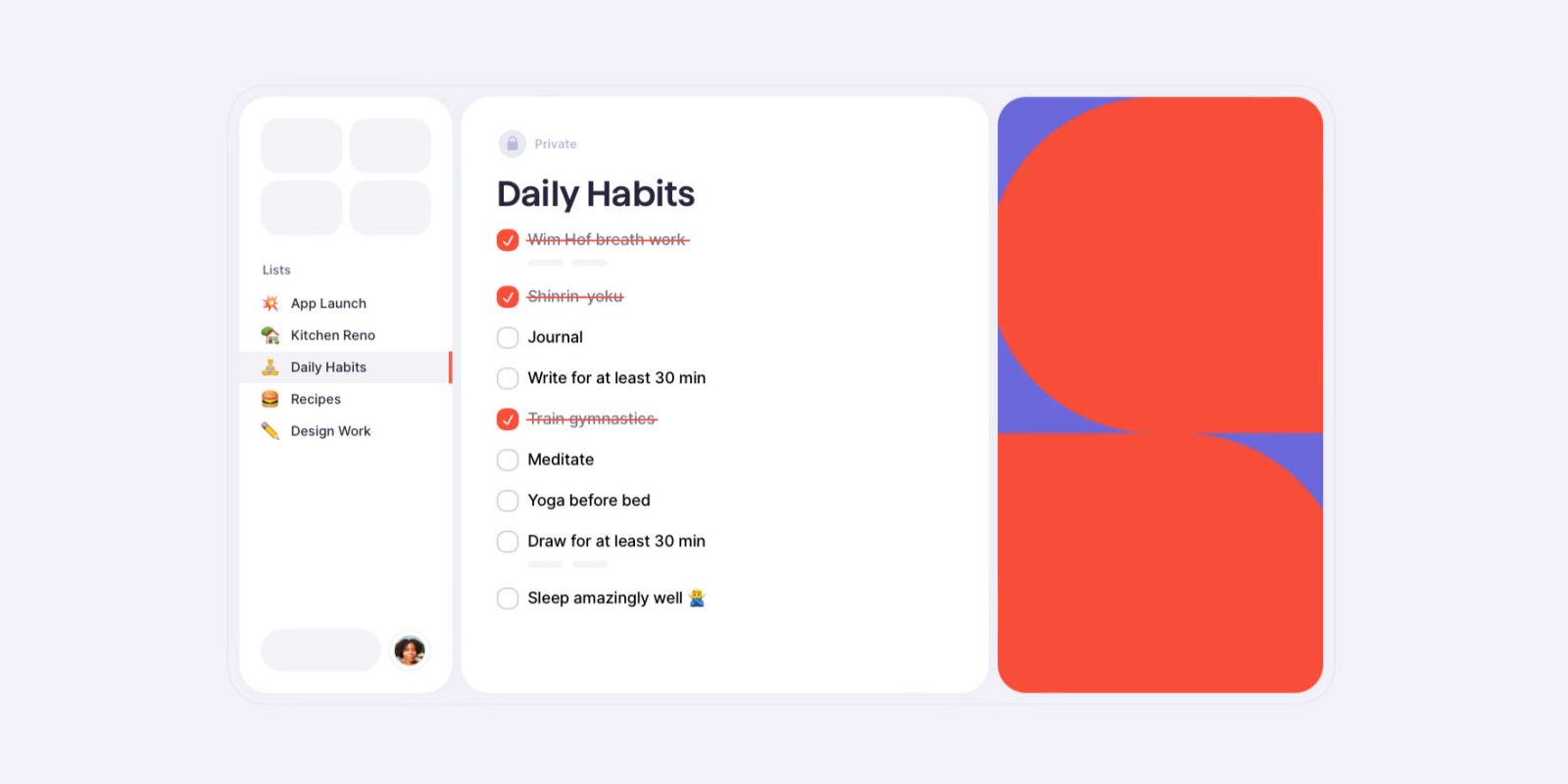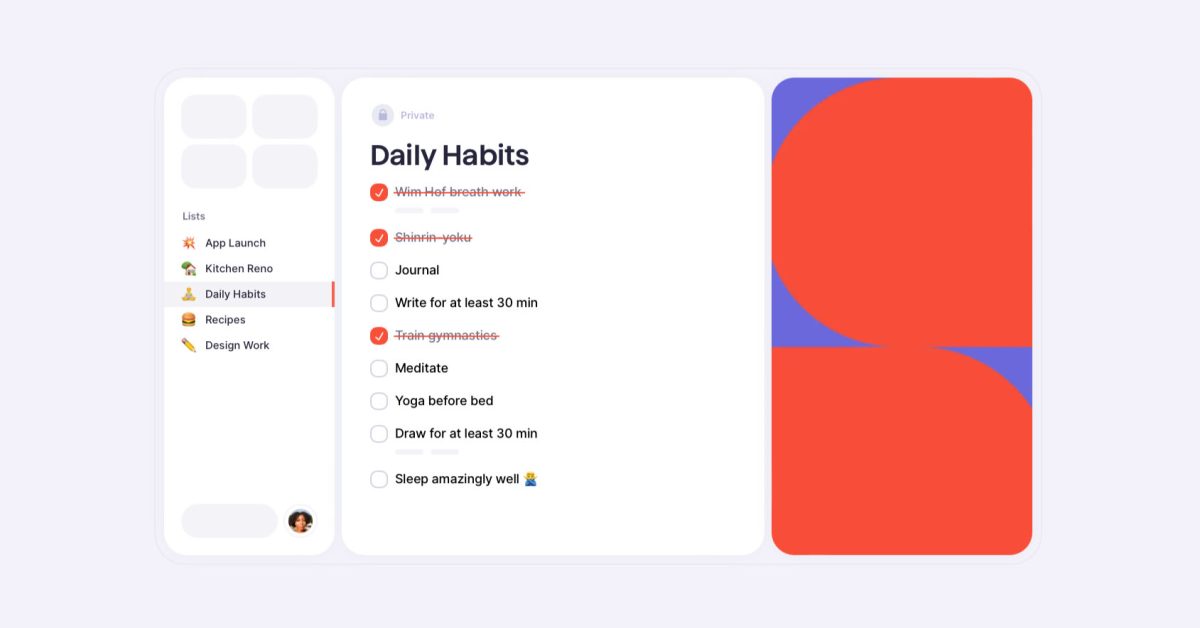
There’s good news for those who were fans of the Wunderlist to-do list app before Microsoft killed it. The founder of the app is back with a new incarnation of the spirit of Wunderlist, called Superlist.
One Wunderlist enthusiast has been trialling the beta version of Superlist, and says that while it’s not quite the same thing, it does reflect the sense of the original, and is even prettier …
A brief history of Wunderlist
Wunderlist first launched back in 2011, with a paid version – Wunderlist Pro – adding collaborative features two years later.
Microsoft then bought the app, and subsumed it into the rather more utilitarian Microsoft To Do app. Wunderlist itself continued to exist, however, until Microsoft shut it down in 2020.
Wunderlist founder Christian Reber tried to buy it back from Microsoft, but was seemingly rebuffed. He announced that he would instead create a new app, to be called Superlist.
Superlist now available
That took him a while, but Superlist is now available for Mac, iOS, Android, and the web. The app promises to be “free forever” for individuals.
Wunderlist fan David Pierce says that Wunderlist was The Verge’s favorite to-do list app. He’s now been using a beta version of Superlist, and recommends it as a replacement.
lockquote class=”wp-block-quote”>
While it’s not exactly the lovely straightforward to-do app that Wunderlist was, it’s made with a lot of the same sensibility — and is even nicer to look at […]
The app’s concept is really clever, actually: a strict to-do list app often doesn’t feel like the right way to manage projects and all the stuff involved with them, but tools like Notion can be too full of features and ideas. Superlist is right down the middle, with lots of things you can do but only one system. You can make any kind of list you want, but it’s just lists all the way down. Plus the app is full of design touches that would make any Wunderlist lover proud: the horizontal rule is a hand-drawn squiggle, each list gets a custom image, even the animation when you check off a task is oddly satisfying.
lockquote>
It’s still an early iteration, said to be missing some key features, and lacking many integrations, “including, ironically and somewhat hilariously, Microsoft 365.”
Pro users will pay $8 per month per user, but Pierce says the free version will be enough for most people.
FTC: We use income earning auto affiliate links. More.



![[CITYPNG.COM]White Google Play PlayStore Logo – 1500×1500](https://startupnews.fyi/wp-content/uploads/2025/08/CITYPNG.COMWhite-Google-Play-PlayStore-Logo-1500x1500-1-630x630.png)